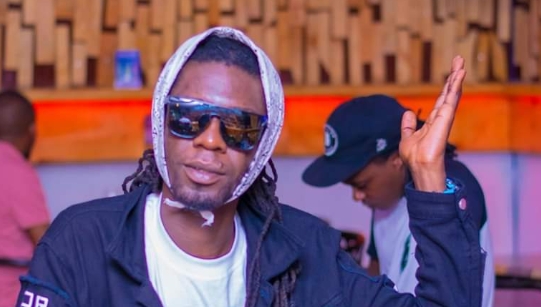- The controversial Mapangale TikTok dance mimics violent machete-cutting motions.
- Many Kenyans believe the dance normalizes violence, especially amid gender-based violence (GBV) concerns.
- MC Zendiambo, who started the trend, has defended the dance but calls for a ban to continue.
The viral Mapangale TikTok dance, which mimics a machete’s cutting motion, has sparked alarm across Kenya, with many questioning its appropriateness amid rising cases of gender-based violence (GBV). The dance, created by entertainer MC Zendiambo, is now under scrutiny for potentially normalizing violent behavior.
The Mapangale dance, featuring participants performing a symbolic neck-slashing motion, has garnered significant backlash from various sectors of society. Critics argue that it trivializes violence and sends the wrong message, particularly in a country where femicide and GBV have been escalating.
Zendiambo responded defensively, dismissing the criticisms, suggesting that many dances are initially controversial before they become accepted. His comments were:
“Mi mtu asiniambie kitu… kama haikubambi, keep off!” (No one should tell me anything, if it does not interest you, keep off).
However, the backlash has only grown. Many, including prominent figures like Dr. Ezekiel Mutua, CEO of the Music Copyright Society of Kenya, have called for the dance to be banned, emphasizing its potential to promote misogyny and violence.
Dr. Mutua, known for his strong stance on cultural content regulation, voiced concerns over the Mapangale dance, stating:
“This kind of content normalizes violence and is misogynistic.”
Social media users have also voiced their opposition, particularly due to the timing of the trend. With Kenya approaching the 16 Days of Activism Against Gender-Based Violence, many see the dance as insensitive.
One user, @Rioba_is_Gerald, echoed these concerns, pointing out that the symbolism behind the dance is harmful during a period of high homicide rates:
“That mapangale dance as much as it may look fun is bad symbolism especially during this period where homicide cases are being reported almost daily. Those trending videos and the whole dance should be cancelled.”
As Kenyans continue to debate the Mapangale dance, the controversy highlights the fine line between creative expression and the responsibility to consider the social impact of content. With calls for a ban growing louder, it remains to be seen whether authorities will take action in response to these concerns.







